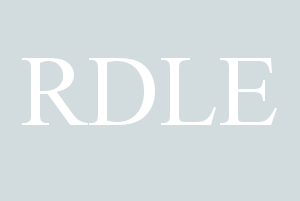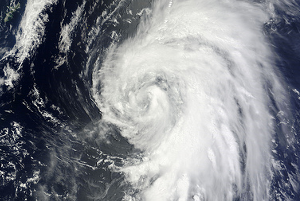Thinking and Talking Across The Disciplines – the RDLE effect
The transformational effect of technology on how we live, and its application to different work disciplines are some of the ongoing societal challenges of the future. Radically rethinking our education system in order to cultivate creativity, innovation and thinking across the disciplines is one way of preparing for this future.
Post-graduate and post-doctoral researchers need to develop cross-disciplinary skills to communicate with, and apply their research to, industry organisations working in a similar discipline (such as IT or medicine) and with organisations working in other disciplines. Therefore researchers must develop new and different skills and perspectives. They must also learn insider inquiry; how to be immersed in local situations and generate contextually embedded knowledge that emerges from direct experience. Transforming graduate and post-graduate thinking and learning beyond their disciplinary boundaries is central to the transition from university to working life and to the need for research-based responses to the societal challenges identified earlier.
This study explores how an R&D project environment can create opportunities for researchers to develop the skills of insider inquiry and the ability to think and talk across disciplines; exploiting the potential of their research, which was carried out in their primary discipline, while being aware or open to its application in other disciplines. More precisely, the aim was to identify how to create learning spaces that enable one to think beyond one’s own discipline; to inquire from the inside; and to communicate across professional disciplinary divides. The overall objective was to explore how distinctive learning spaces can be built into R&D learning environments (RDLEs) in order to create opportunities for cross-disciplinary transformative learning to occur.

